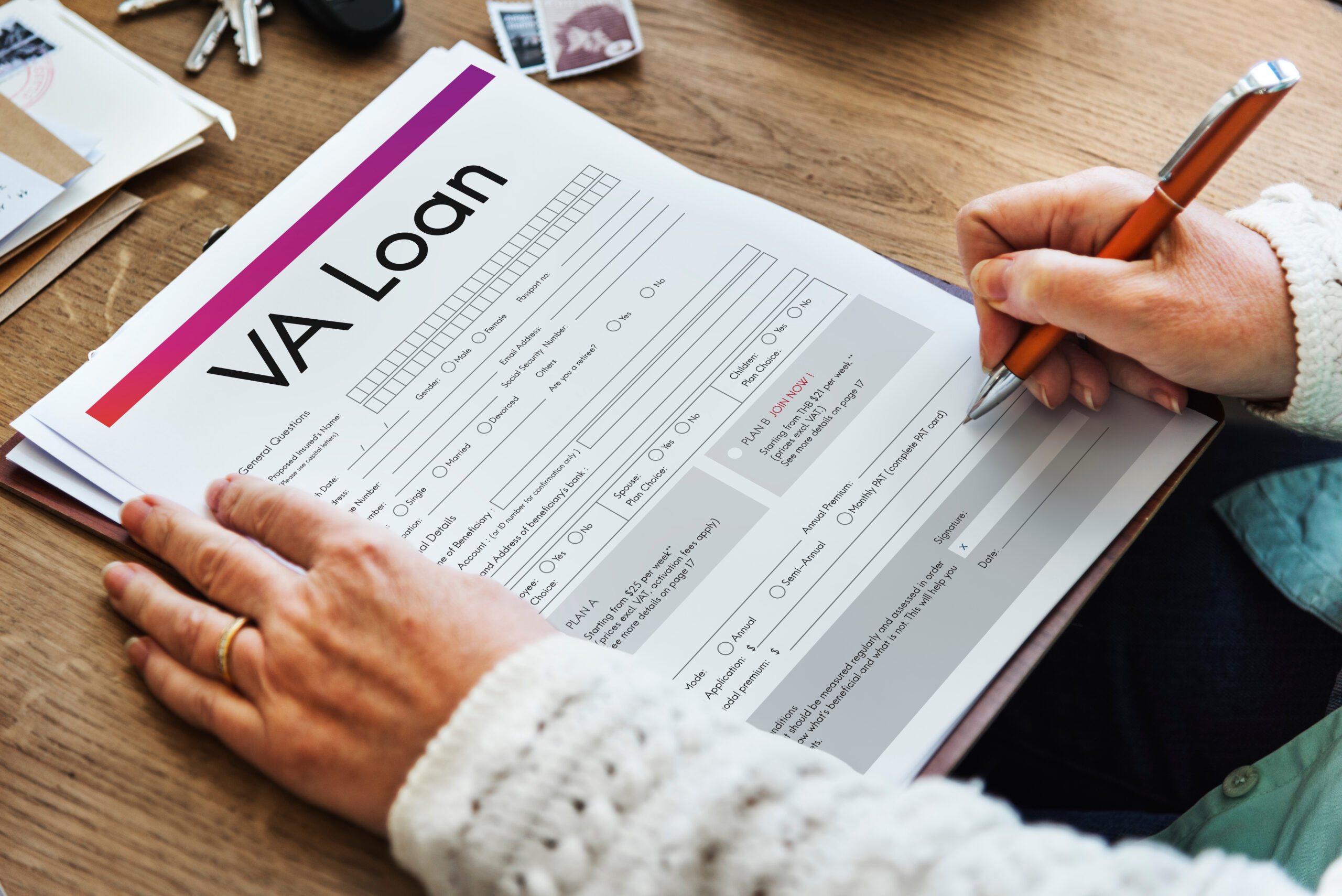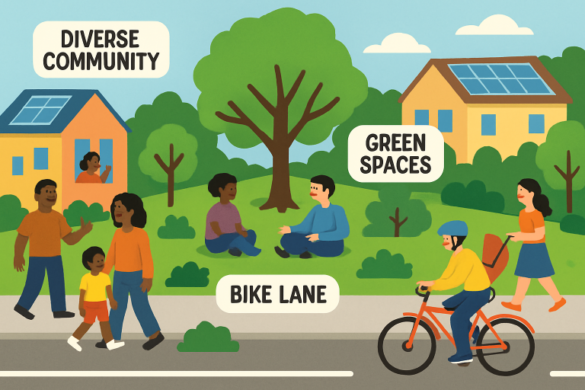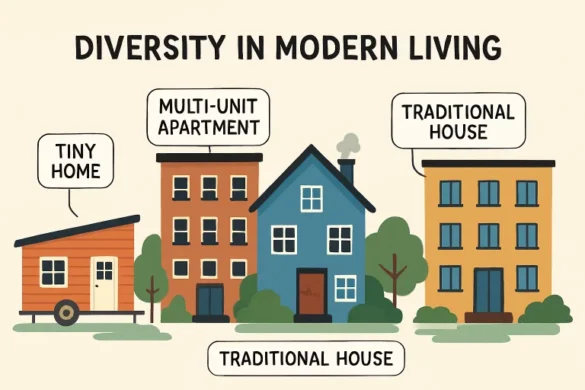
Owning a home represents stability, independence, and a lasting reward for years of service. It is a goal many veterans and active-duty members work hard to achieve. However, the homebuying process can be complex and may feel overwhelming without proper guidance.
The U.S. Department of Veterans Affairs (VA) home loan program helps make that goal possible. It offers unique benefits such as no down payment, lower interest rates, and flexible qualification standards. These advantages open the door to homeownership while honoring the dedication and sacrifice of those who have served.
Read on to learn how to confidently navigate each stage of the veteran home loan process from service to settlement.
Understanding the VA Loan Program
Before you start your homebuying process, it’s helpful to understand what makes the VA loan program unique and how it supports eligible service members, veterans, and surviving spouses. The program is backed by the Department of Veterans Affairs, allowing lenders to offer favorable terms that are often out of reach through conventional financing.
To better understand how this benefit works, below are the main features that make VA loans stand out:
- Key benefits: VA loans are designed to make homeownership more accessible. They often require no down payment and do not include private mortgage insurance (PMI), which can help lower monthly payments. In addition, these loans typically come with competitive interest rates, making long-term ownership more affordable.
- Flexible credit requirements: The VA loan program recognizes that financial circumstances can vary after military service. Lenders approved by the VA often use more flexible credit guidelines, giving qualified borrowers an opportunity to secure financing even if their credit history isn’t perfect.
- VA loan limits and entitlement: Instead of directly lending money, the VA guarantees a portion of each loan. This guarantee encourages lenders to offer favorable terms. Understanding your entitlement helps determine how much the VA will back, which in turn affects how much you can borrow and the type of home you can consider.
The VA loan program stands as a valuable benefit of military service, helping veterans transition to civilian life with a strong foundation of homeownership. For more guidance, visit official Department of Veterans Affairs resources that provide detailed information about VA home loans. Learning from these resources can help you make informed decisions and take full advantage of the benefits you’ve earned.
Getting Your Certificate of Eligibility
A Certificate of Eligibility (COE) is an essential document that verifies your qualification for a VA-backed home loan. It serves as official proof to lenders that you meet the service requirements set by the Department of Veterans Affairs. Securing your COE early can simplify the loan process and prevent potential delays once you begin applying.
The following are the main points to understand when obtaining your COE:
- How to apply: The COE can be obtained in several ways. You can request it online through the VA portal, apply by mail, or work with an approved lender who can access your eligibility information electronically for faster processing.
- Required documents: The documentation depends on your current service status. Veterans typically submit Form DD-214 to verify their service record and discharge status. Active-duty members need a signed statement of service from a commanding or personnel officer. Meanwhile, National Guard and Reserve members may need to provide additional documentation to confirm qualifying service.
- Why it matters: The COE doesn’t serve as a loan approval but validates that you’re entitled to VA loan benefits. It gives lenders the assurance they need to proceed with your loan application under the VA’s guarantee.
Obtaining your COE is a straightforward yet crucial first step. With this document in place, you can move forward in the VA loan process knowing your eligibility is fully verified.
Preparing for the Loan Application
Once your eligibility is established, preparation plays a crucial role in ensuring a smooth and successful loan approval. Begin by assessing your overall financial health, including reviewing your credit report for any discrepancies that could affect your application. Correcting errors early and keeping your finances organized helps you approach lenders with confidence and transparency.
Next, focus on building a stable financial profile that reflects consistency and responsibility. Lenders look closely at income stability, existing debts, and spending patterns to determine your repayment ability. Maintaining a healthy balance between income and obligations demonstrates reliability and strengthens your standing during the review process.
Moving from Approval to Closing on Your Home
After your VA loan is approved, the focus turns to finalizing the details that bring your home purchase to completion.
This stage involves essential checks and verifications, including a VA appraisal to confirm that the property’s value supports the loan amount and meets the required safety and quality standards. Lenders also conduct a final underwriting review to ensure that all documentation and financial details align with VA and lender requirements before granting full approval.
Once these formalities are complete, the process transitions to the closing phase, where ownership officially changes hands. You’ll review and sign the loan documents, settle any remaining costs, and perform a final walkthrough to confirm the home’s condition.
With these steps finished, you’ll receive the keys to your new property and can begin the next chapter of homeownership with confidence and peace of mind.
Final Thoughts
The VA home loan program exists to honor the service and sacrifices of veterans by making homeownership more attainable. From securing your COE to signing at settlement, each step of the process is designed to provide structure, support, and flexibility. With the right preparation and understanding, you can confidently move from service to settlement and turn your hard-earned benefits into the foundation of a place to call home.









